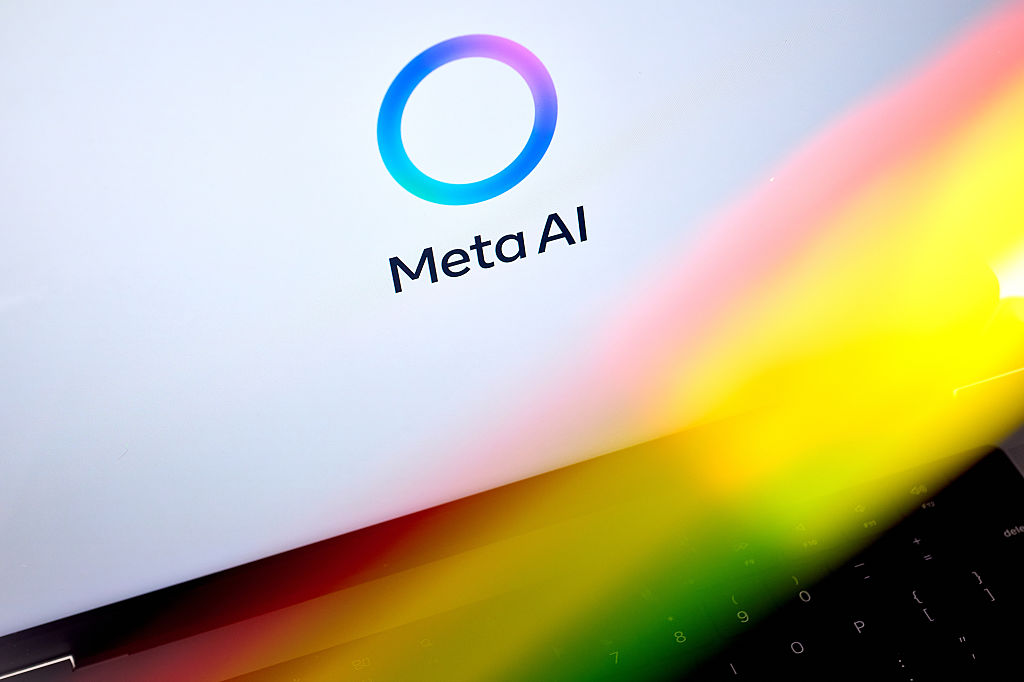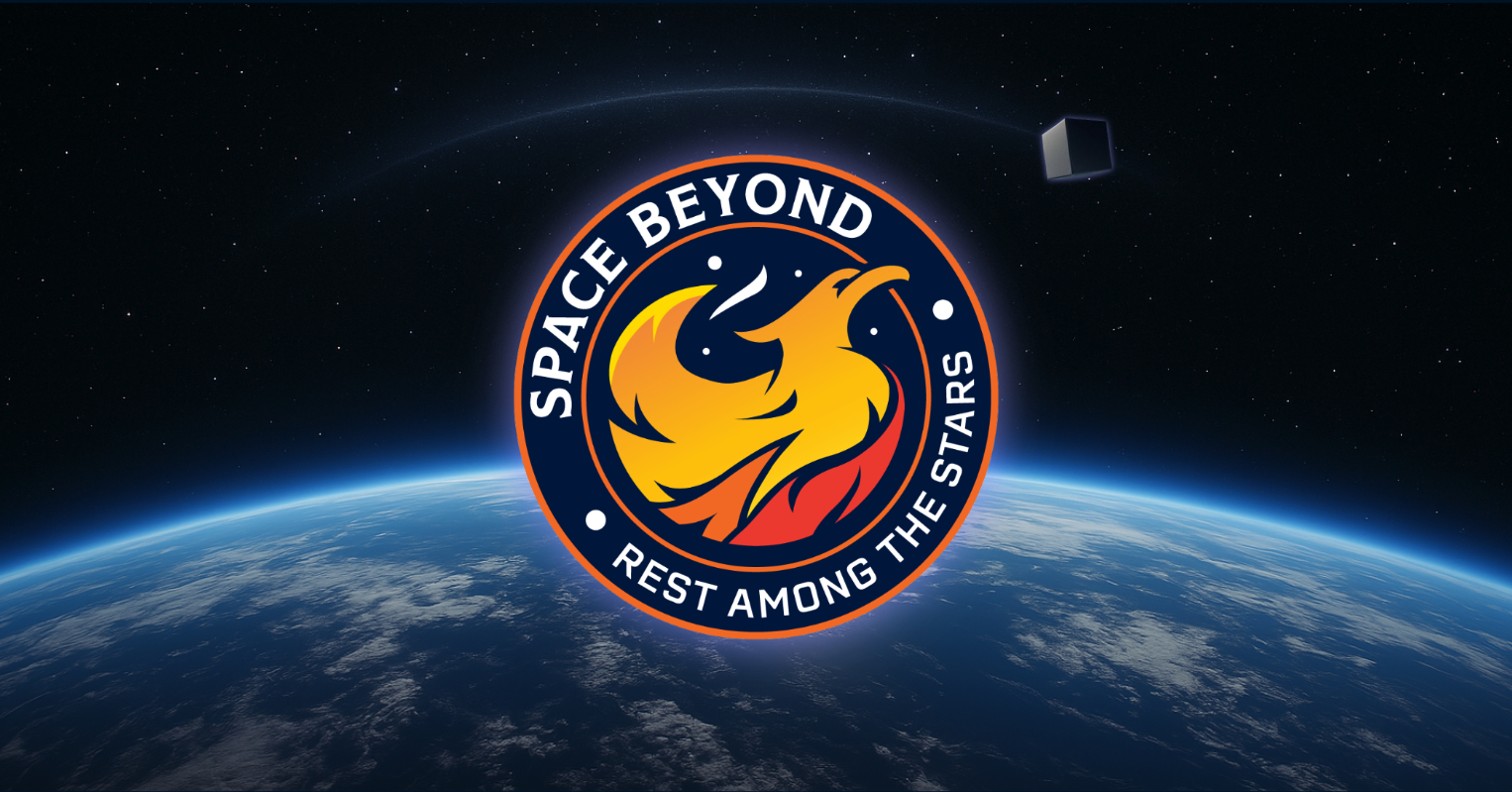
A significant investment has been channeled into Sphere, an innovative company specializing in artificial intelligence-driven tax compliance software, with a $21 million Series A funding round spearheaded by venture capital giant Andreessen Horowitz (a16z). This substantial capital infusion underscores a growing confidence in AI’s capacity to untangle the intricate web of global tax regulations, particularly for businesses navigating international markets. Sphere’s platform aims to alleviate the burden of cross-border tax obligations, a challenge that frequently impedes the scalability and operational efficiency of expanding enterprises.
The Genesis of an AI Solution
The journey to Sphere began not in the realm of finance, but education. Nicholas Rudder, the company’s founder, first encountered the labyrinthine complexities of international taxation while building his previous venture, ScholarSite, an online educational marketplace. As ScholarSite expanded its reach, Rudder repeatedly confronted the onerous demands of tax compliance across diverse jurisdictions. Marketplaces, by their nature, are often liable for taxes on their entire Gross Merchandise Value (GMV), not merely their commission or "take rate." This fundamental liability meant that each new country presented a formidable array of registrations, filings, deadlines, and potential risks, diverting critical resources and focus away from core business development.
Rudder articulated the frustration inherent in this situation, noting how he found himself "spending time deciphering international compliance rules I never wanted to become an expert in." This firsthand experience illuminated a significant gap in the market: while the global economy was rapidly digitizing and cross-border commerce was burgeoning, the underlying compliance infrastructure remained largely antiquated and fragmented. Recognizing this pervasive pain point, Rudder, alongside co-founder Adrian Sarstedt, decided to pivot the company. What began as an educational platform ultimately transformed into Sphere, a dedicated tax software vendor. Launched in 2023, after two years operating in stealth mode, Sphere emerged with a clear mission: to empower companies, particularly those in the Series B to IPO stages with a global customer base, to maintain tax compliance as they expand across international borders.
Navigating the Global Tax Maze: An Evolving Challenge
The necessity for a solution like Sphere is deeply rooted in the escalating complexities of the global tax landscape. For decades, businesses primarily operated within national borders, with international trade largely handled by large corporations equipped with specialized legal and accounting departments. However, the advent of the internet and digital commerce has democratized global reach, allowing even small and medium-sized enterprises (SMEs) to sell products and services worldwide. This democratization, while economically beneficial, has simultaneously amplified compliance challenges.
Governments worldwide, eager to capture revenue from digital transactions and prevent tax avoidance, have introduced a bewildering array of new regulations. These include Value Added Tax (VAT) in Europe, Goods and Services Tax (GST) in numerous other countries, and sales tax in the United States, each with its own unique rates, thresholds, reporting frequencies, and registration requirements. Furthermore, many nations are now implementing digital service taxes (DSTs) and other indirect taxes specifically targeting online platforms and digital goods. The rules are not static; they are constantly evolving, with new legislation being enacted and existing ones being amended or repealed. Staying abreast of these changes, registering in multiple jurisdictions, accurately calculating tax liabilities, filing returns on time, and remitting payments to numerous authorities represents a monumental administrative burden. Errors can lead to significant penalties, audits, and reputational damage, making robust compliance not just a legal necessity but a critical component of risk management.
Sphere’s AI-Driven Solution: The Tax Review and Assessment Model (TRAM)
At the core of Sphere’s offering is its proprietary AI engine, the Tax Review and Assessment Model (TRAM). This sophisticated system is designed to automate the entire lifecycle of tax compliance for global transactions. When a company integrates Sphere into its billing platforms, such as Stripe or Campfire, TRAM ingests transaction data to assess global tax exposure.
Rudder explains that TRAM’s primary function is to "ingest and codify the rules in every jurisdiction and create a set of tax determinations." This means the AI analyzes specific transactions against the tax laws of over 100 integrated tax authorities worldwide to determine taxability. Crucially, TRAM not only provides a tax determination but also offers "reasoning and backing citations for that determination," offering transparency and auditability.
However, recognizing the critical importance of accuracy in tax matters, Sphere employs a hybrid approach. The outputs generated by TRAM are not immediately actioned; instead, they are reviewed and approved by Sphere’s human team of tax experts. This human-in-the-loop mechanism is vital, ensuring that the AI’s determinations are validated before being pushed into a tax engine that applies tax to transactions in real time. This layered approach mitigates the risk of "hallucinations" or errors often associated with purely autonomous AI systems, providing a layer of assurance for clients.
Beyond calculation, Sphere streamlines other critical aspects of compliance. It monitors tax liabilities across various regions, allowing companies to register for different tax jurisdictions directly through its platform. Once a registration is submitted via Sphere, the information is relayed to the relevant tax authorities, and the client is notified when their registration is processed, enabling them to commence tax collection in that region. Finally, Sphere handles the laborious tasks of filing and remittance. It automatically generates tax returns, debits the required tax amounts from its customers’ bank accounts, and dispatches payments to the respective tax authorities. This end-to-end automation transforms a historically manual, error-prone, and time-consuming process into a streamlined operation.
A Competitive Landscape and Strategic Partnerships
The market for tax compliance software is not without established players. Legacy providers like Avalara have long served businesses with tax calculation and reporting needs, while newer venture-backed startups such as Anrok have also emerged to address modern compliance challenges. Even payment processing giants like Stripe offer global tax calculation and collection services through Stripe Tax.
However, Sphere distinguishes itself through several key differentiators. Marc Andrusko, a partner at a16z, highlighted Sphere’s deep integration into local geographies as a significant advantage. He noted that many competitors, both legacy and newer startups, often rely on third-party consulting firms to manage compliance in specific regions. Sphere, by contrast, has invested in building direct integrations into "local rails" and developing AI automations that enable it to manage the entire sales tax compliance process completely end-to-end. This comprehensive approach, bypassing external consultants for core functions, promises greater efficiency, accuracy, and cost-effectiveness for clients.
Furthermore, Sphere strategically views Stripe not as a competitor, but as a crucial partner. Rudder emphasized that Sphere is one of only a select few tax vendors globally with a native integration into Stripe’s Billing and Checkout products. This partnership allows Sphere to seamlessly leverage Stripe’s infrastructure while offering extended functionalities that cover the full compliance lifecycle, including registrations, filings, and remittances, which go beyond Stripe’s direct offerings. This collaborative strategy allows Sphere to tap into Stripe’s vast merchant base while providing a more holistic compliance solution.
Investor Confidence and Future Vision
Andreessen Horowitz’s decision to lead Sphere’s Series A round is a testament to the company’s potential and Rudder’s entrepreneurial vision. Marc Andrusko had previously encountered Rudder during his ScholarSite days and recognized his "horsepower, grit, and drive." When whispers of Sphere’s promise began circulating, a16z quickly re-engaged, impressed by the pivot and the innovative approach to a universal business problem. The investment also saw participation from Y Combinator and Felicis Ventures, signaling broad investor confidence.
The $21 million in fresh capital is earmarked for ambitious expansion plans. Sphere intends to significantly build out its infrastructure to connect with an even broader network of local tax authorities globally, further enhancing its end-to-end capabilities. A substantial portion of the funding will also be allocated to expanding its AI and engineering teams, driving further innovation and refinement of the TRAM engine. Additionally, Sphere plans to establish an international sales team to accelerate its market penetration and reach more global businesses.
Nicholas Rudder envisions Sphere evolving into an indispensable tool for finance teams globally. His ambition extends beyond indirect tax, aiming for Sphere to become the go-to platform for "every form of transactional compliance they may not even realize they’re exposed to" when expanding into new markets. This forward-looking perspective suggests a broader play in the RegTech (Regulatory Technology) space, where AI and automation can address a wider spectrum of regulatory challenges facing multinational corporations.
Broader Implications: AI’s Role in Global Commerce and Regulation
Sphere’s rise highlights a significant trend: the increasing integration of artificial intelligence into critical financial and regulatory functions. The promise of AI in RegTech is immense. By automating complex, rule-based processes, AI can drastically reduce human error, improve efficiency, and ensure higher rates of compliance. For businesses, this translates to reduced operational costs, minimized risk, and the ability to scale globally with greater agility. For governments, improved compliance tools could lead to more accurate tax collection and a fairer playing field for businesses.
The "unintentional" nature of Sphere’s funding process, as described by Rudder, speaks to the acute market need for such a solution. As digital transformation accelerates and cross-border transactions become the norm rather than the exception, companies will increasingly rely on sophisticated technological tools to navigate the regulatory maze. Sphere’s AI-native approach to tax compliance positions it at the forefront of this evolution, offering a glimpse into a future where global expansion is less about deciphering dense legal texts and more about intelligent automation. This shift could significantly lower barriers to international trade, fostering economic growth and enabling businesses of all sizes to participate more fully in the global digital economy.








